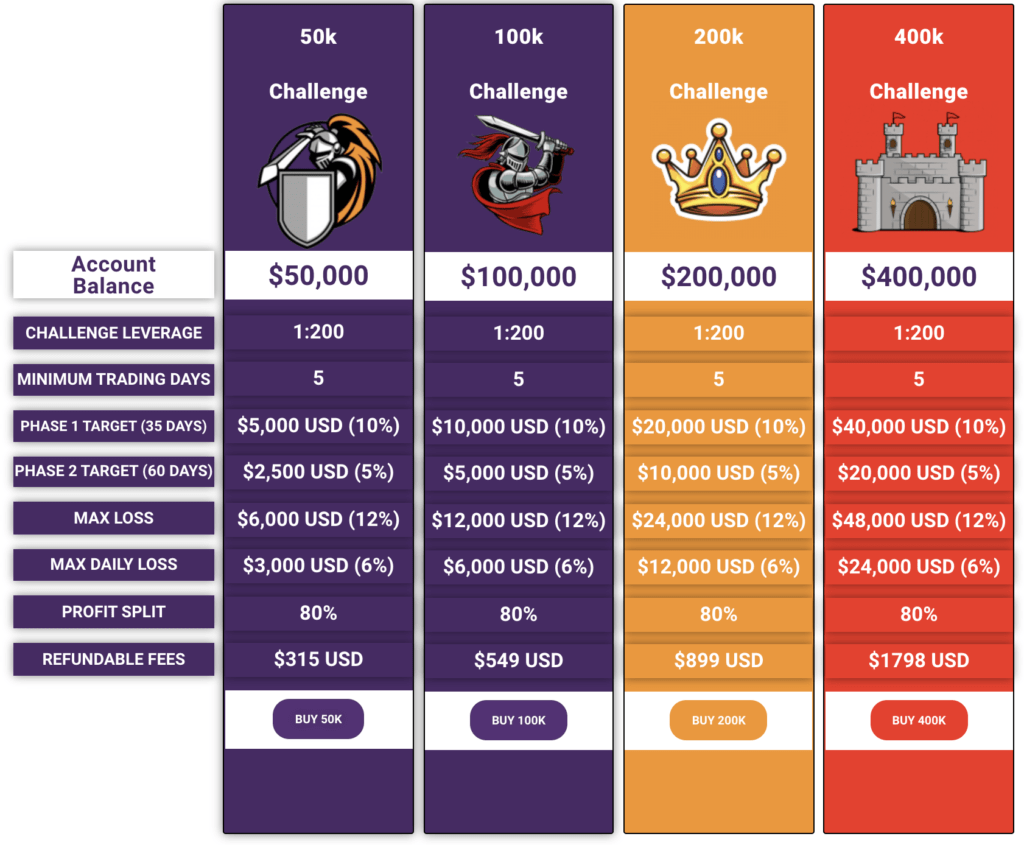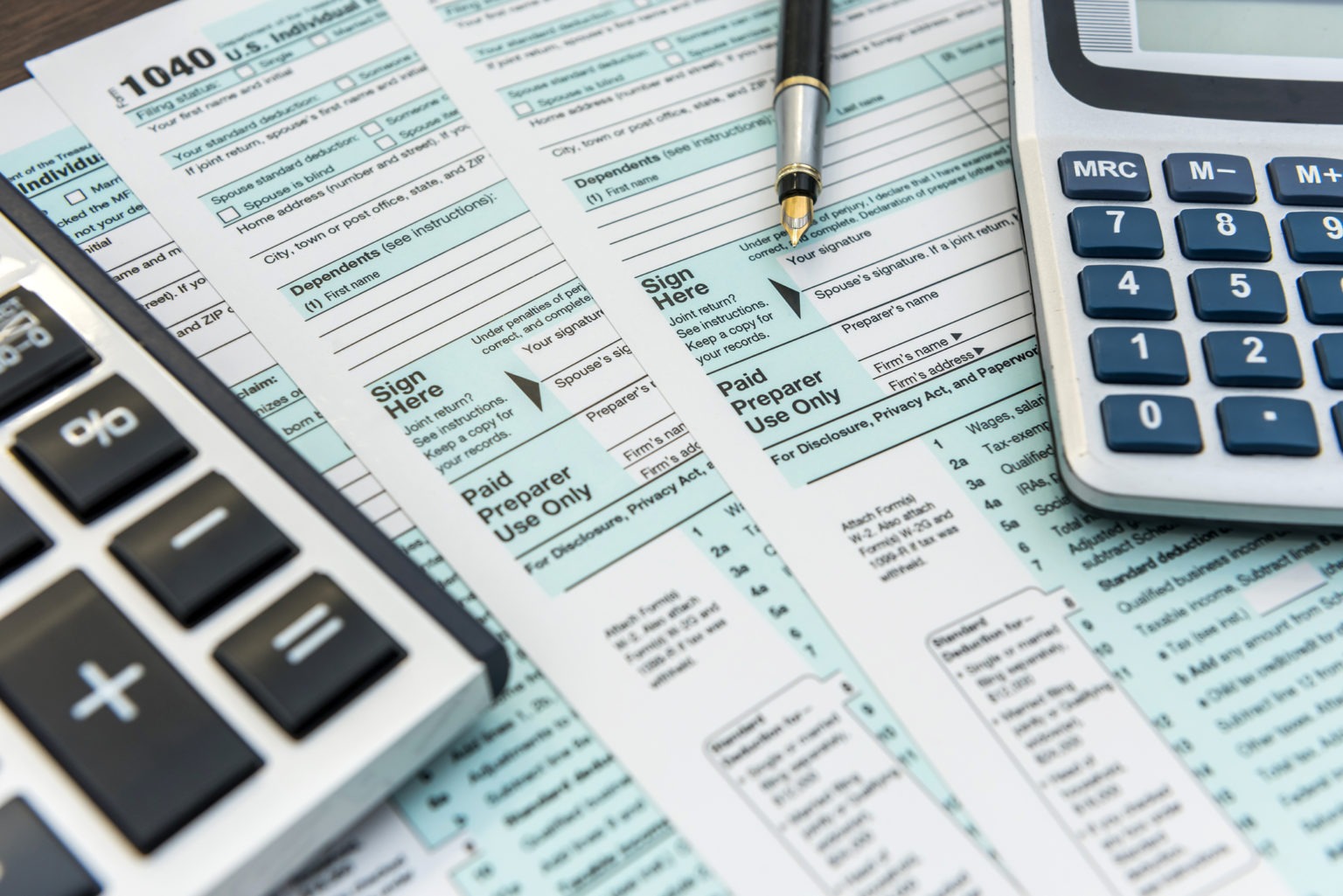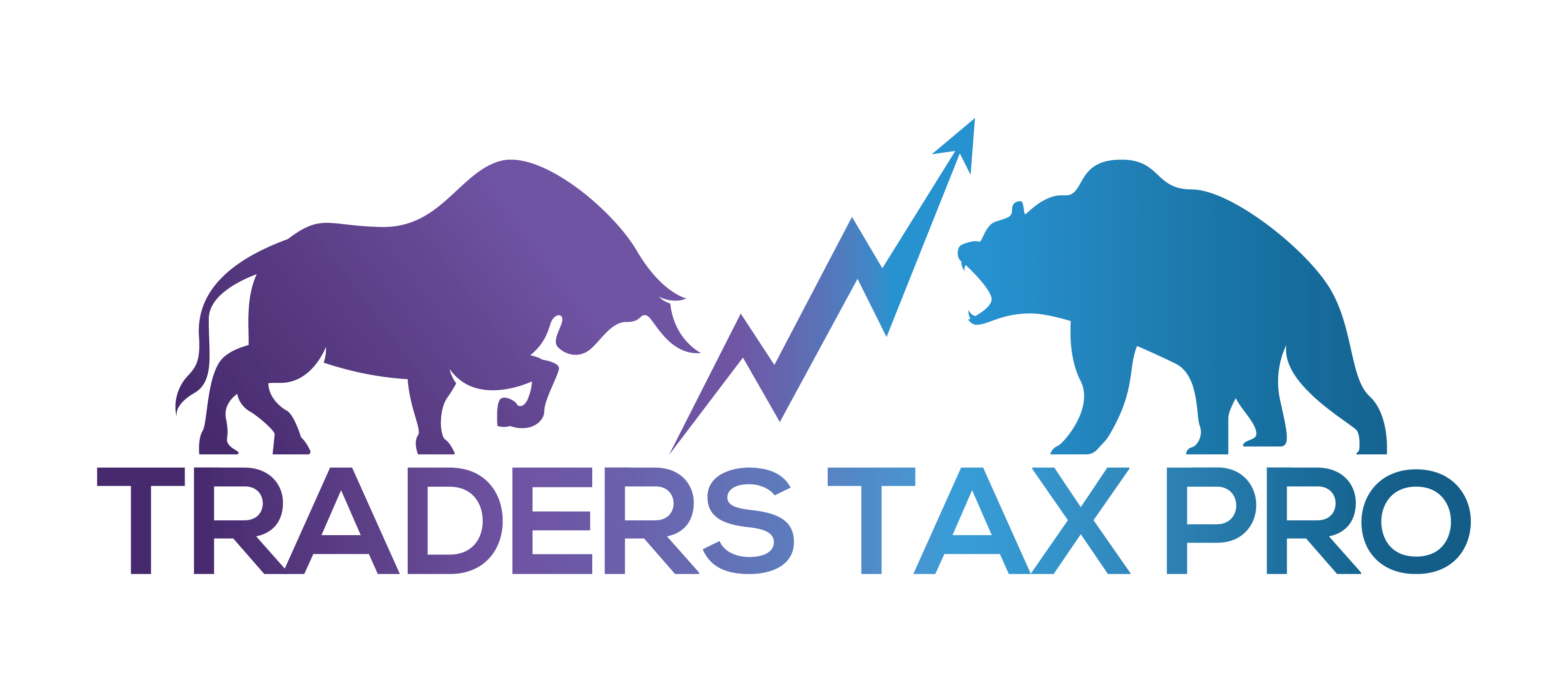What is funded trading?
More and more traders are hopping aboard the funding train. However, many traders who are unaware of funded trading may ask, what is it? There are funding prop firms popping up all over the internet, offering traders the opportunity to trade with large sums of the prop firm’s money. This means that a trader can essentially trade with an account size that is much larger than any account which they own, personally.
How big are the funded trading accounts?
From the prop firms that I have come across and researched, these funded trading accounts that are being awarded to funded traders may range anywhere from $5,000, up to half a million dollars ($500,000)! These accounts provided by funding prop firms give traders the ability to experience much higher gains than those realized with a smaller, personal trading account. The smaller accounts that most retail traders are used to trading with.
WHO IS ABLE TO BECOME A FUNDED TRADER?
Everyone! Ok, so while everyone is technically able to become a funded trader, these funded trading accounts are not just simply handed over to just anyone. Most of these trading prop firms offering funded trading accounts will first require that a trader can prove their ability to sustain profitability.
How Do traders prove themselves to be profitable?
Proving yourself to be profitable as a forex trader is typically accomplished by passing a dedicated test or challenge. These challenge accounts are typically a demo account and used specifically for the prop firm to assess your abilities as a trader. These potential funded traders are given a certain amount of time in order to accomplish certain goals that are set forth by the prop firm.
For example, a trader may be given a $10,000 test or challenge account. In order to pass the challenge, they may need to show a profit of at least $1,000. A trader would need to accomplish this within say, 30 days.

Now, typically there are also other rules which a trader must follow. One rule may be not to exceed certain limits. Examples of these limits may be a certain maximum daily loss amount or, a total loss limit on the account. Once a rule is broken or the requirements are not met within the time given, a trader is considered to have failed the challenge. If a trader fails, they will not be provided a funded trading account. If a trader passes, there may be a second part to the challenge. In this case, a trader must once more, start with a new test account and meet a new set of criteria. Once a trader fully passes all parts of a challenge or testing phase, they would be awarded with a funded trading account. The trading account is loaded with a large account balance and ready to be traded.
How does a funded trader keep their account in good standing?
Once a trader receives their funded trading account from the pop firm, a funded trader must ensure that they follow the specific rules set forth by the prop firm. This is important for keeping a funded trading account in good standing. Usually, the rules are similar to those given during the testing phase (while a trader was completing their challenge). If any of the rules are broken while trading with the funded account, the disciplinary actions taken will vary depending on the prop firm. Some may take the funded account away while others may charge you a fee in order to actively trade on the account after a rule has been broken.
how do the prop firms make money?
These prop firms that provide traders with a funded account will earn revenue by keeping a percentage of the profits realized by the funded trader, prior to being paid their share. Trading prop firms may also collect a fee from each trader who wishes to start a challenge. The challenge fees are often non-refundable. Some prop firms will pay you back the fee they charged for the challenge if you pass the testing phase. They will usually include the fee in a trader’s first payout after you pass. As stated earlier, some of the prop firms may also charge you certain fees for failing to follow the rules set forth while trading on a funded account.
Below, you will see an example of the fees charged to receive a challenge that if passed, would grant you a funded trading account. The example below is from The Funded Trader Program’s website. (The information shown, reflects their prices in November 2021. For updated pricing and details, visit their site.)

How much of a funded trader's profits do the prop firms keep?
Each prop firm is different with regard to how much of a funded traders profits they keep. Majority of prop firms providing traders with a funded trading account will take a percentage of the profits realized. As you can see above, The Funded Trader Program has the best profit split I have seen (80%). This means that the funded trader gets to keep 80% of the profits; The Funded Trader Program only takes 20%! The good thing about funded trading is that most prop firms allow for the majority of profits to be awarded to the trader. The average percentage taken by a prop firm is between 30-50%, based on my research.
How does a funded trader get paid?
In order to get paid as a funded trader, you will typically need to request your payouts from the prop firm. This is done by sending them an invoice. This may be done biweekly, monthly, or whichever options are available to you. This of course depends on the prop firm you choose to trade with. From there, they will send you your payment based on your invoice, less their cut of the profit.
What is the tax treatment for a funded trader?
Individuals in the U.S. who are funded traders are considered independent contractors for tax purposes. A funded trader will need to report their total payout for the year. It does not matter if the funding prop firm furnished a 1099-NEC or not. This is a common misconception; most taxpayers think that they do not have to report income that they did not receive tax documents for. This could not be further from the truth. Being classified as an independent contractor ultimately means that a funded trader will be taxed as a self-employed individual.
Profits from any funded trading activity will reflect on a Schedule C with your form 1040 tax return. A Schedule C is the profit and loss from any business activity. This means that a funded trader is able to deduct any of their expenses incurred which relates to their funded trading activity. Examples of such expenses would be your home office, office supplies, utilities, software, or anything ‘ordinary and necessary’ as a funded trader.
Some funded traders may even form a business entity for their funded trading activity. However, if a funded trader does not form a business entity, they will simply be considered a sole proprietor. It is recommend that for organizational purposes, funded traders form a business entity specifically for their funded trading activity (usually an LLC).
How do funded traders pay taxes?

Being that funded traders are considered self-employed individuals in the eyes of the government, they should be making tax payments on a quarterly basis. This is the case if a funded trader is expected to owe over $1,000 in taxes for the year. These taxes are called quarterly estimated tax payments. These payments are typically made in April, June, September, and January of the proceeding year. As a funded trader, a taxpayer will be required to pay both self-employment tax as well as income tax. Self-employment tax includes 12.4% social security tax and 2.9% medicare tax. This calculates to a grand total of 15.3%. Your income tax will depend on your tax bracket. At Traders Tax Pro, we also remind clients never to forget about their state taxes as these are often forgotten.
Self-employed taxpayers are able to deduct 50% of their self-employment tax paid in order to calculate their adjusted gross income. You must also be aware of the fact that those whose income is over certain thresholds may be responsible for the Additional Medicare Tax. Additional Medicare Tax is 0.9% of any income over the threshold that is set for your filing status. For single filers, the threshold is $200,000. Therefore, any income over this amount will be taxed at 0.9% for the Additional Medicare Tax. The threshold for married taxpayers is $250,000 if filing joint and $125,000 if filing separately. Let it also be known that for tax year 2021, taxpayers are only required to pay 12.4% social security tax on the first $142,800 earned. The amount will increase to $147,000 in tax year 2022.
Which Funding Prop Firm Is The Best?
While each funding prop firm offers something slightly different, the answer to that question is subjective. Why? Well, different traders measure the favorability of a firm based on different aspects of the firm and what it is they offer. However, I can tell you which of them I believe to be the best trading prop firm. That would be The Funded Trader Program. If you are looking to become a funded trader, I HIGHLY recommend you check them out. It is no secret that The Funded Trader Program provides traders with the best overall experience for funded traders.
I have reached out to them for a special discount to provide to all of you. I did this because I truly believe that The Funded Trader Program is the best in the game. When you purchase a challenge, use the code TA4VS855 in order to receive your exclusive Traders Tax Pro discount.
In conclusion...
Funded forex trading is becoming the most popular means to trade large accounts. Funding prop firms offer a trader the chance to earn an extremely comfortable income. They do this by simply providing trading accounts with account balances larger than any amount of money the average American has ever seen at one time. Simply pay a small fee, start your challenge or testing phase and once complete and passed, you’ll be a funded trader!
What most funded traders need to realize is that, with that new funded trading account comes the responsibility of accurately reporting your funded trading activity on your tax returns. Funded traders may also be required to pay your estimated tax payments throughout the year. This is done to cover both your self-employment tax as well as your income tax.
Filing a tax return as a funded trader can become very difficult quickly. This is especially true when you also have other trading and investing activity to report on your return. On top of this, taxpayers also have other tax requirements outside of trading and investing. This can create a stressful and chaotic situation when it comes time to file your tax returns. This is why it is HIGHLY RECOMMENDED that you hire a licensed tax professional to file your tax returns. At Traders Tax Pro, we specialize in helping traders and investors file their tax returns.
New Clients are able to receive a $30 discount on their tax prep! Just click here, fill in your name, and email. Your discount voucher will be emailed to you within seconds! You don’t have to wait for this email to book your appointment with Traders Tax Pro! You focus on your trading and investing, we’ll focus on the hard tax stuff! We’ll help you minimize your taxes while maximizing your profits.
Have questions? Call or text us at 1-833-TTPRO4U (1-833-887-7648) or send us a an email and a traders tax pro will get back to you with the answers you need

